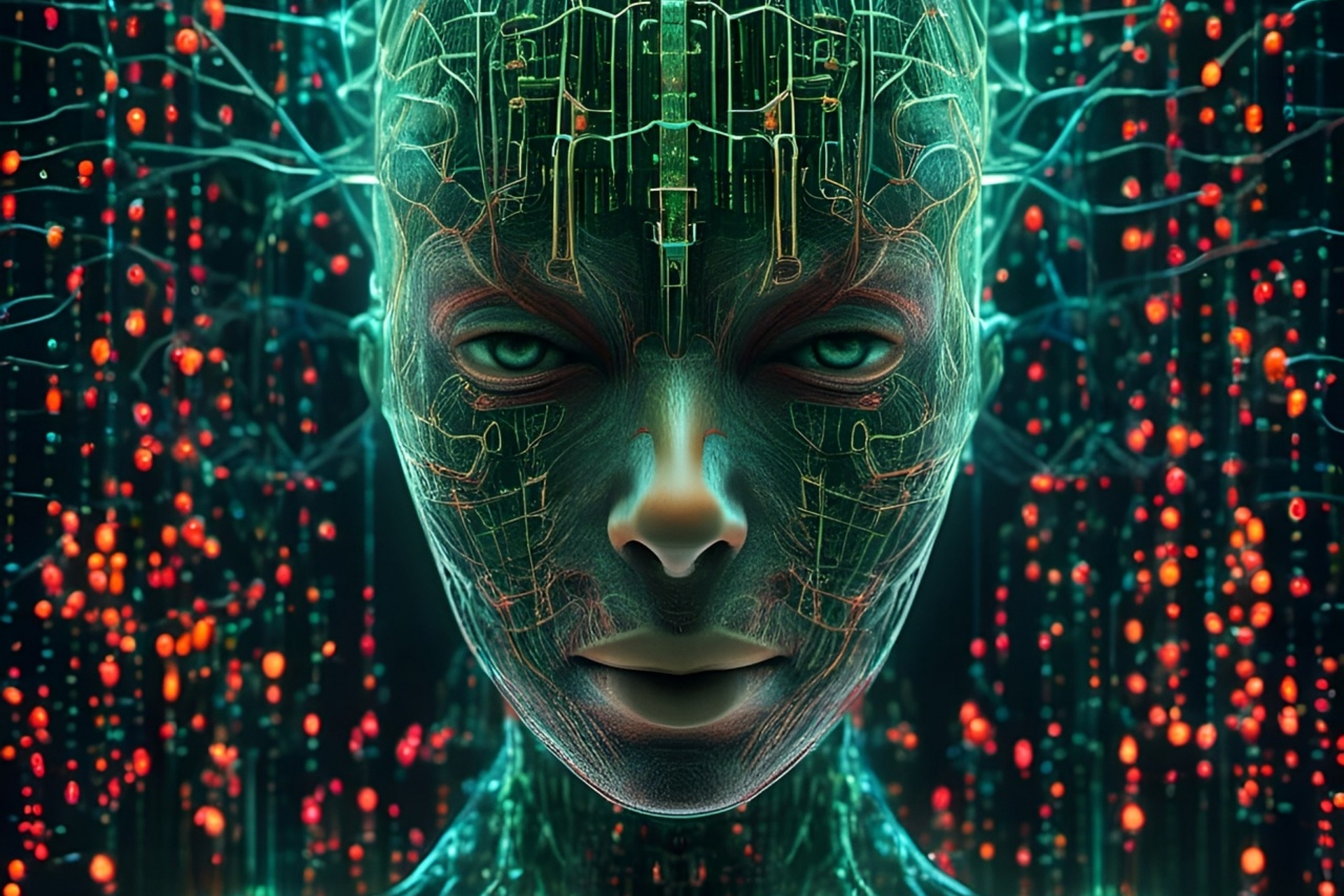
Advantages and disadvantages of artificial intelligence AI.
Created on 15 August, 2024 • Useful-tips • 3 minutes read
Artificial Intelligence AI is one of the most exciting and rapidly developing fields in modern science and technology. It offers significant advantages, but also presents us with numerous challenges and ethical questions. In this article we will take a loo
Advantages of artificial intelligence 👍
Automation and efficiency
AI enables the automation of complex and repetitive tasks, which increases efficiency and reduces human error. Automation technologies can perform tasks such as data processing, production and inventory management, resulting in significant savings in time and resources.
Improved accuracy and precision
AI systems can analyze large volumes of data with high accuracy and draw useful conclusions. For example, in medicine, AI can help diagnose diseases and predict possible complications with greater accuracy than traditional methods.
Access to new innovations
AI is helping to develop new technologies and innovations in various industries. In the fields of autonomous vehicles, robotics and intelligent assistants, AI plays a key role in creating new products and services that improve the quality of life.
Personalization and better service
AI-based recommendation systems can analyze user preferences and offer personalized products and services. This leads to better customer service and higher satisfaction.
Process optimization and decision making
AI can analyze complex data and provide recommendations for business process optimization and decision making. This is particularly useful in areas such as finance, logistics and manufacturing, where accurate forecasting and optimization can lead to significant economic benefits.
Security and fraud detection
AI is able to analyze large volumes of transactions and detect suspicious activities, which helps prevent fraud and provide a higher level of security. This is of particular importance in areas such as banking and e-commerce.
Improving health care
AI can aid in the diagnosis and treatment of diseases by analyzing medical data and images with high accuracy. This leads to faster and more effective treatment, as well as the discovery of new therapeutic methods and drugs.
Disadvantages of artificial intelligence 👎
Loss of jobs
One of the main concerns related to AI is the automation of work processes and the possibility of replacing human labor. This can lead to job losses, especially in industries where repetitive tasks can be automated.
Lack of ethics and bias
AI systems can make decisions that are not always ethical or fair. They can inherit and amplify biases embedded in the data they are trained with, which can lead to discrimination and incorrect conclusions.
Data dependencies and possible errors
Artificial intelligence relies on large volumes of data to function. Incorrect or insufficient data can lead to wrong predictions and decisions. Additionally, AI systems are vulnerable to issues such as data loss or cyber attacks.
Lack of human intuition and creativity
Although AI can process and analyze data with high accuracy, it cannot replace human intuition and creativity. Many tasks that require intuition, emotional intelligence and creative thinking remain beyond the scope of AI capabilities.
Ethical and legal issues
The development and use of AI raises a number of ethical and legal issues. How should the use of AI be regulated? How to ensure transparency and accountability in decision-making by AI systems? These and other questions do not yet have definitive answers and require careful consideration and the development of new regulatory frameworks.
High development and maintenance costs
The development and maintenance of AI systems requires significant financial investment and technical resources. For many SMBs, these costs can be prohibitive, limiting their ability to take advantage of AI.
Security and vulnerabilities
AI systems can be vulnerable to cyber-attacks and abuse, posing a serious security risk. Unauthorized access to AI systems can lead to data loss, breach of privacy and other serious consequences.
Artificial intelligence offers numerous advantages that can significantly improve the efficiency and quality of various processes and services. However, it also brings with it a number of challenges and risks that require careful consideration and management. Developing ethical and legal frameworks for the use of AI is essential to maximize its benefits and minimize possible negative consequences.
The development of artificial intelligence is one of the most important technological trends of our time, and its balanced integration into various aspects of society will be key to its successful and sustainable use.